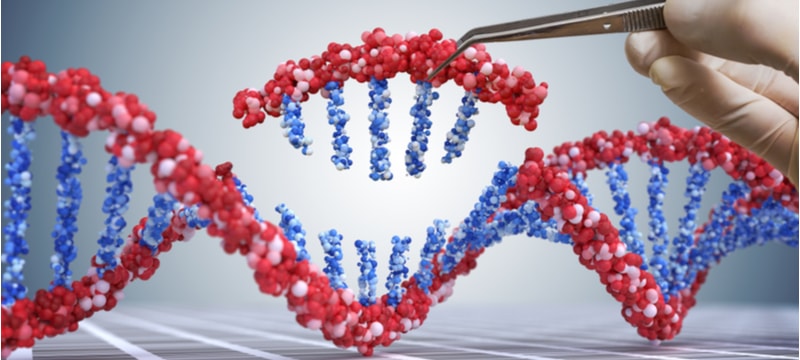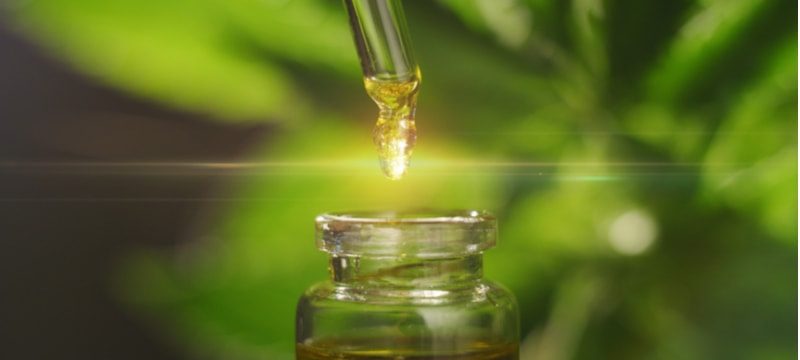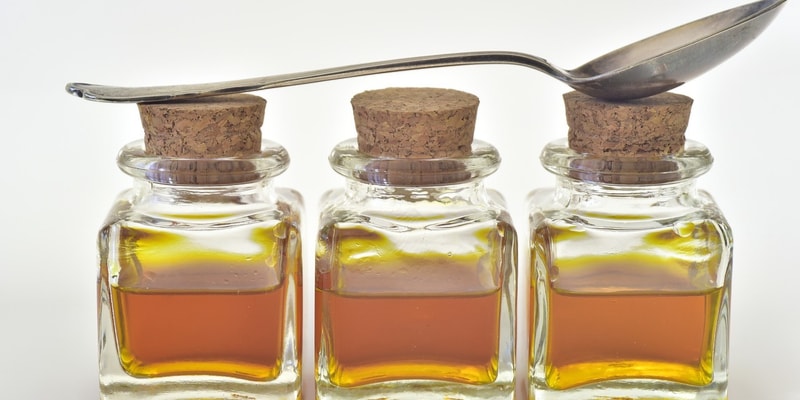
The cost of wholesale CBD oil along with other cannabinoids from the cannabis plant is set to dramatically reduce as a result of an extraordinary breakthrough by German pharmaceutical research company Farmako.
The Frankfurt-based company has filed a worldwide patent which shows that by modifying the genes of the bacteria zymomonas, cannabinoids can be produced and at a significantly lower cost than traditional methods. According to CEO Patrick Schmitt;
“This results in an outcome of 4.5kg of THC per gram of bacteria with production costs lower than EUR10 per kilo.”
To put this into perspective, traditional methods of growing and isolating cannabinoids can cost several hundred thousand euro per kilo, in particular when isolating rare compounds that are produced in negligible amounts. Clearly, this is a complete game changer in the emerging cannabis industry, but should consumers be wary of a genetically modified organism producing their cannabinoids and how exactly do Farmako plan on achieving this?
Table of Contents
Bacteria
Bacteria covers over 90% of our body and are instrumental in breaking down food in the gut as well as creating vitamin K, and of course, some are famous for making cheese, bread, and wine to name but a few products.
A significant difference though is that unlike zymomonas these bacteria are not genetically altered in order for them to fulfill their purpose. Zymomonas is commonly found in sugar cane and palm trees and until now has been used to ferment sugar into alcohol, primarily tequila.
Gene editing
Farmako has replicated the natural biosynthetic pathway of cannabinoids by removing the alcohol-producing genes from the zymomonas bacteria and inserted a malaria pathogen, various bacteria, as well as genes from the cannabis plant. It then produces cannabinoids in a similar fashion to how alcohol is produced according to Mr. Schmitt.
“Zymomonas releases cannabinoids into the surrounding medium which enables continuous synthesis resulting in over 900 hours of cannabinoid production without interruption,” he says. Farmako claims they can produce over 120 cannabinoids in abundance from the gene-edited bacteria they have named ‘zymomonas cannabinoids’.
Safety
As of yet, there is no certainty as to the safety and efficacy of this method and in terms of approval, it will be interesting to see if regulatory authorities will demand studies prior to its release to the market. The very fact that a gene from the malaria pathogen is used may be cause for concern but we simply do not know if this is justified.
CBD along with insulin and human growth hormones have been produced very recently by the synthesizing of yeast but according to Farmako, their method is twice as fast and has a 20% greater yield as well as being more viable on an industrial scale.
Medical potential
Of the over 120 phytocannabinoids present in the plant, the majority are currently understudied in academia circles as they are present in the plant in such small quantities. This discovery could open the world to potential treatments that may come from these underutilized compounds of the cannabis plant.
Entourage effect
One important point of note is the ‘Entourage Effect’ which scientists believe is where the whole is better than the sum of its parts. In other words, the compounds together complement and enhance each other's effects.
It will be interesting to see if Farmako blends all the compounds together as one or sell separately and also if they can create terpenes and flavonoids which are part of the plant's chemical makeup too. Only time will tell if creating compounds in this manner will benefit humanity and bring about affordable health care or if it will create a Frankenstein dystopia.
RELATED: How is the cannabis industry innovating the beverage sector?







